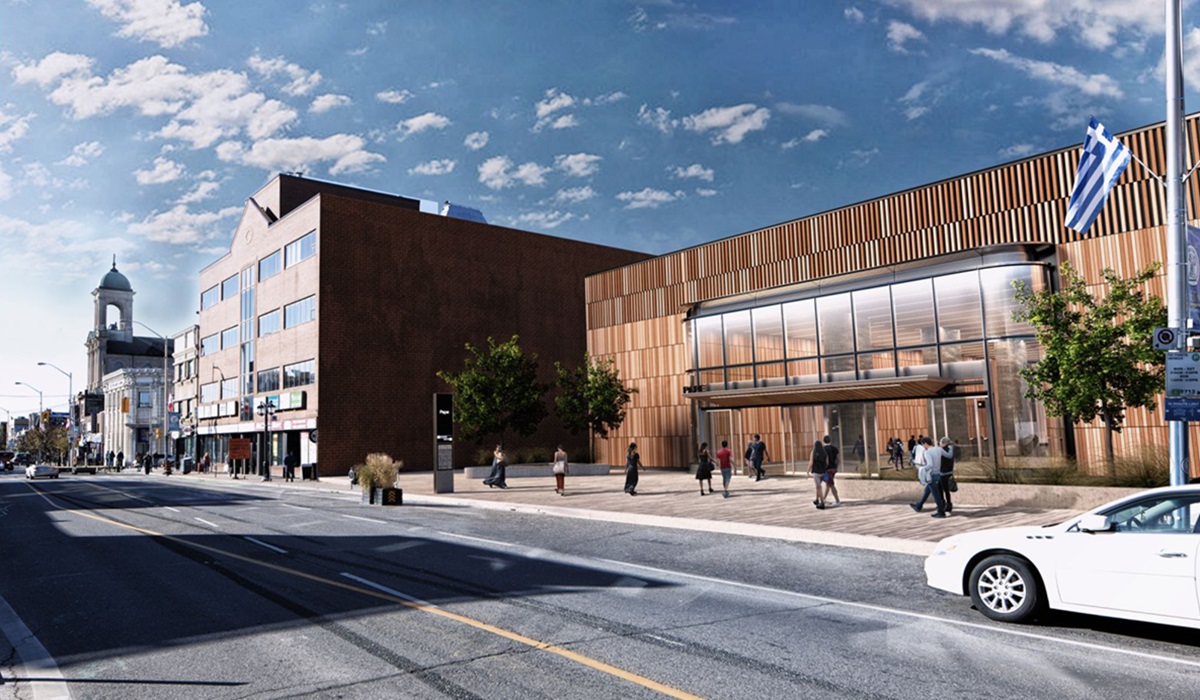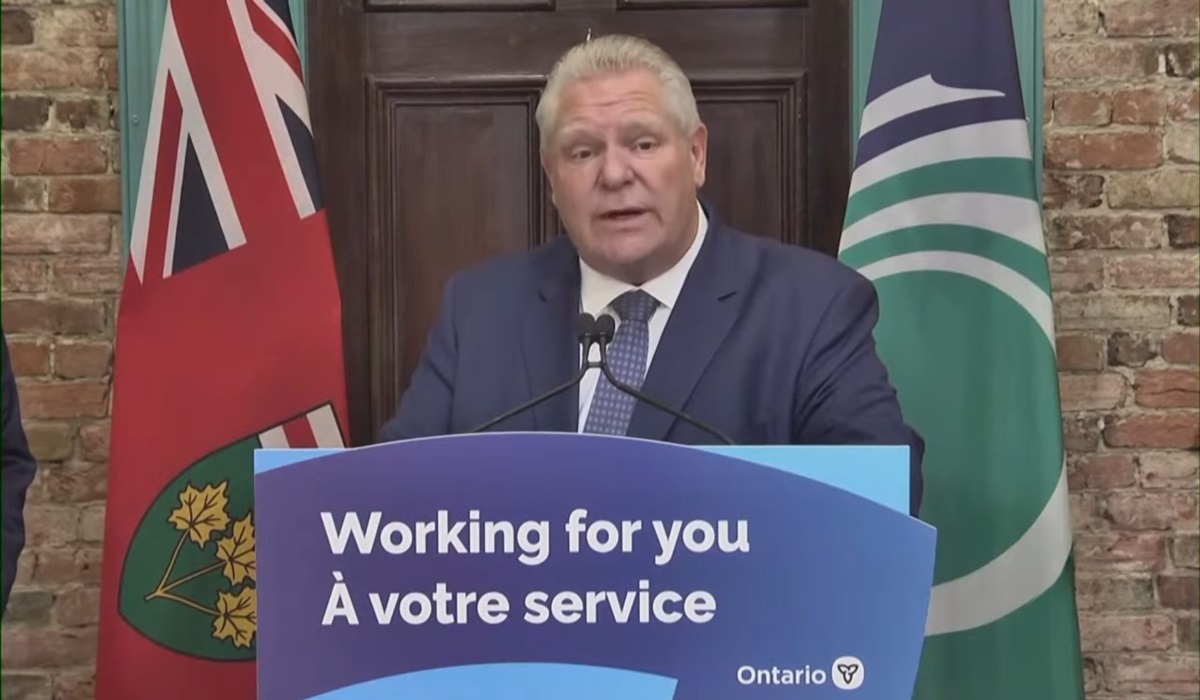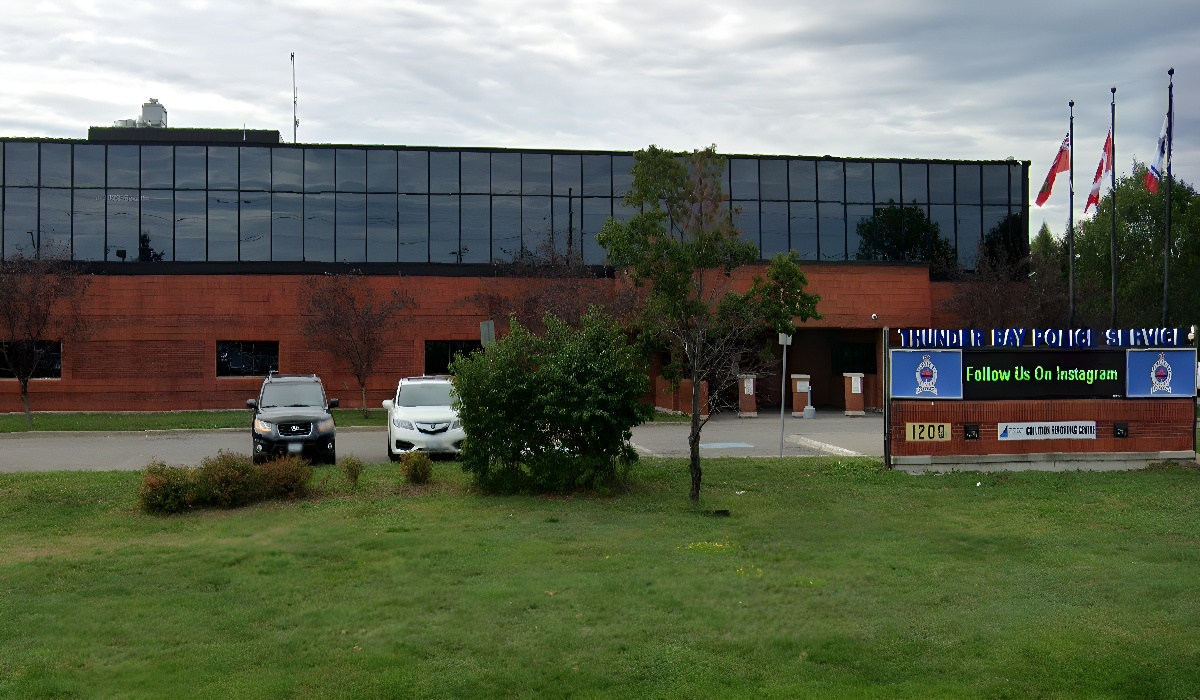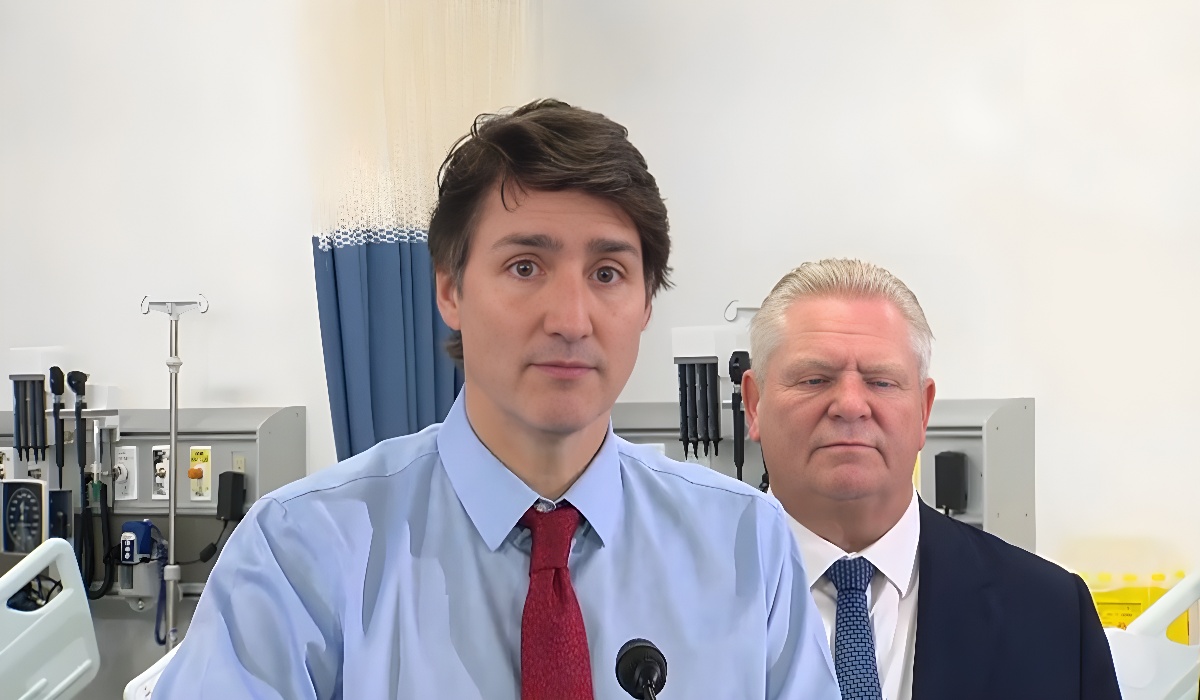4 Quebec Communities To Receive Funding for Green Infrastructure Projects
- TDS News
- Eastern Canada
- October 30, 2020
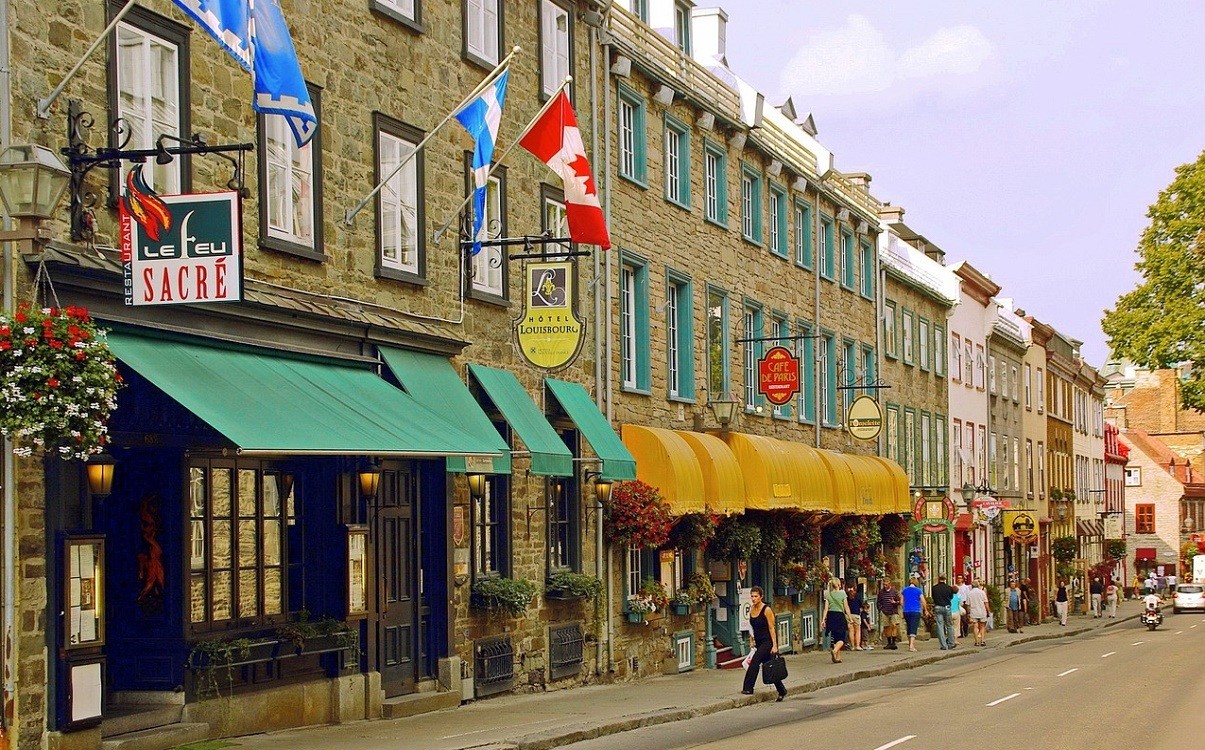
Canadians have been pushing for more infrastructure projects that reduce dependency on fossil fuels
Coaticook, Quebec, – Canadians live in cleaner, healthier communities when municipalities develop innovative solutions to reduce pollution, improve energy efficiency, and find new uses for public infrastructure.

Through the COVID-19 pandemic, the Government of Canada and the Federation of Canadian Municipalities (FCM) continue to make strategic investments through the Green Municipal Fund (GMF) to support more sustainable communities. GMF is funded by the Government of Canada and delivered to municipalities by FCM.
Today, the Honourable Marie-Claude Bibeau, Member of Parliament for Compton–Stanstead and Minister of Agriculture and Agri-Food, on behalf of the Honourable Catherine McKenna, Minister of Infrastructure and Communities, and Garth Frizzell, President of FCM, announced more than $261,000 through GMF for plans and feasibility studies to bring greener solutions to Quebec communities.
“We are investing in the green projects we need to grow our economy, save Canadians money, create jobs and achieve our climate goals.” Seamus O’Regan, Canada’s Minister of Natural Resources
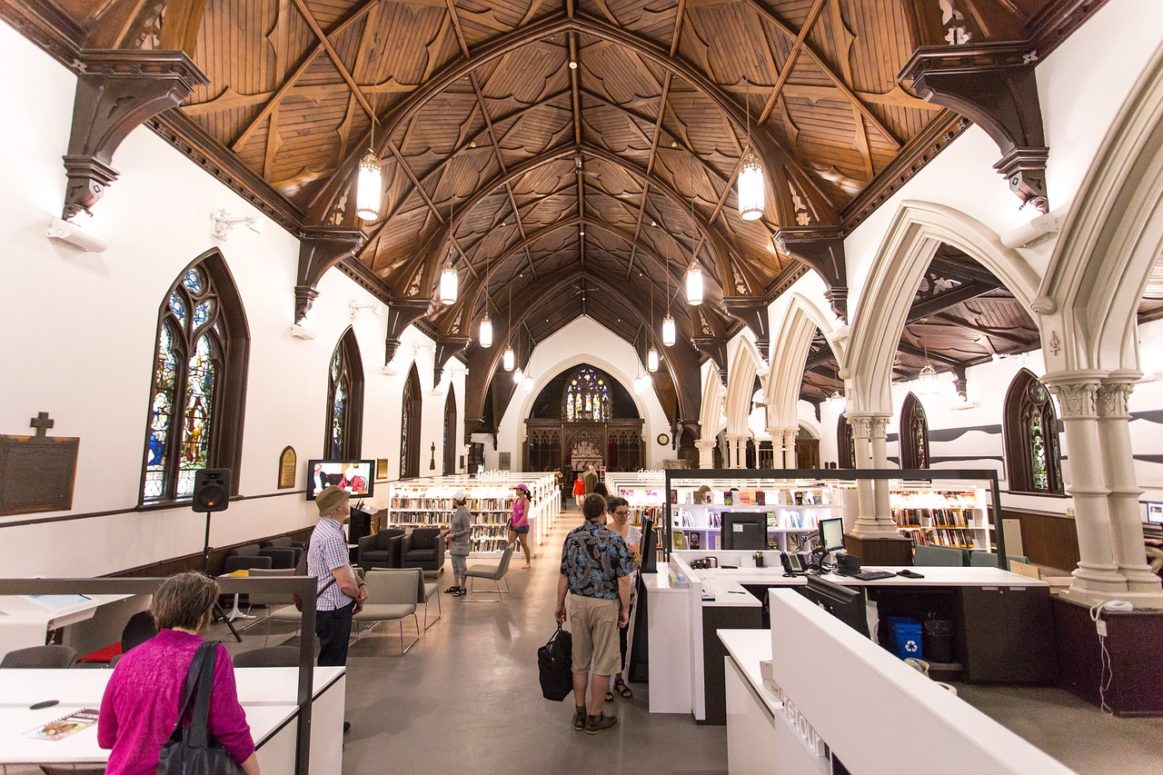
The Regional County Municipality (RCM) of Coaticook will do a feasibility study to determine the most sustainable and efficient ecocentre model for processing and recovering agricultural plastics and other waste that is often overlooked—like the tubing used in maple syrup production. The goal is to meet the needs of the RCM’s 12 rural communities while increasing its waste recovery rate to 70 percent annually.
The Town of Neuville will study the feasibility of renovating the Saint-Francois-de-Sales-de-Neuville church’s parking lot to avoid stormwater runoff into the Saint-Lawrence River. They will investigate how to treat the rainwater to eliminate contaminants, and promote water recovery and reuse. They will also use the study to explore ways to reduce the heat generated by the site through the planting of trees and other vegetation.
The Municipality of Sainte-Cécile-de-Milton will do a feasibility study on the greenest and safest way to remediate a contaminated property in the heart of the village that it recently acquired for a future community development project. The study will help define the extent of the contaminated site of the former garage and gas station, and establish a remediation plan.
In the Municipality of Bolton-Est, the funding will be used to find the greenest way to rehabilitate a sandpit to build a new residential neighbourhood to attract young families and revitalize the community. The study will integrate sustainability considerations such as preserving ecological corridors, managing water runoff, the densification of spaces, walkability, and creating mixed-use spaces.




